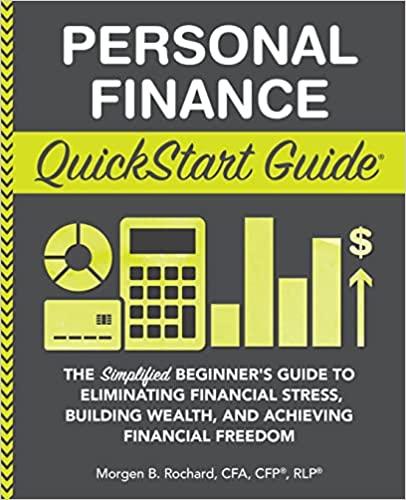Question
Read the passage carefully and answer the questions: Case: Enron, Ethics, and Organizational Culture For many people, a company called Enron Corporation still ranks as
Read the passage carefully and answer the questions:
Case: Enron, Ethics, and Organizational Culture
For many people, a company called Enron Corporation still ranks as one of historys classic examples of ethics run amok. During the 1990s and early 2000s, Enron was in the business of wholesaling natural gas and electricity. Enron made its money as the intermediary (wholesaler) between supplier, and customers: Without getting into all the details, the nature of Enron's business and the fact that Enron didn't actually own the assets-meant that its profit statements and balance sheets listing the firm's assets and liabilities were unusually difficult to understand. It turned out that the lack of accounting transparency enabled the company's managers to make Enron's financial performance look much better than it actually was. Outside experts began questioning Enron's financial statements in 2001. In fairly short order, Enron collapsed, and courts convicted several of its top executives of things like manipulating Enron's reported assets and profitability. Many investors (including former Enron employees) lost all or most of their investments in Enron. In Enron's case, this breakdown is perhaps more perplexing than usual. As one writer said, Enron had all the elements usually found in comprehensive ethics and compliance programs: a code of ethics, a reporting system, as well as a training video on vision and values led by [the company's top executives].
Experts subsequently put forth many explanations for how a company that was apparently so ethical outwardly could actually have been, raking so many bad ethical decisions without other managers (and the board of directors) noticing. The explanations ranged from a "deliberate-concealment of information by officers," to more psychological ex-nations (such as employees not wanting to contradict their bosses) the surprising role of irrationality in decision-making.
But perhaps the most persuasive explanation of how an apparently ethical company could go so wrong concerns organizational culture. --- reasoning here is that it's not the rules but what employees feel they should do that determines ethical behavior. For example (speaking in general, not specifically about Enron), the executive director of the Ethics Officer Association put it this way: We're a legalistic society, and we've created a lot of laws. We assume that if you just knew what those laws meant that you would behave properly. Well, guess what? You can't write enough laws to tell us what to do at all times every day of the week in every part of the world. We've got to develop the critical thinking and critical reasoning skills of our people because most of the ethical issues that we deal with are in the ethical gray areas.
Answer the following questions:
1. Find out those unethical practices which are responsible for collapsing Enron.
Step by Step Solution
There are 3 Steps involved in it
Step: 1

Get Instant Access to Expert-Tailored Solutions
See step-by-step solutions with expert insights and AI powered tools for academic success
Step: 2

Step: 3

Ace Your Homework with AI
Get the answers you need in no time with our AI-driven, step-by-step assistance
Get Started


